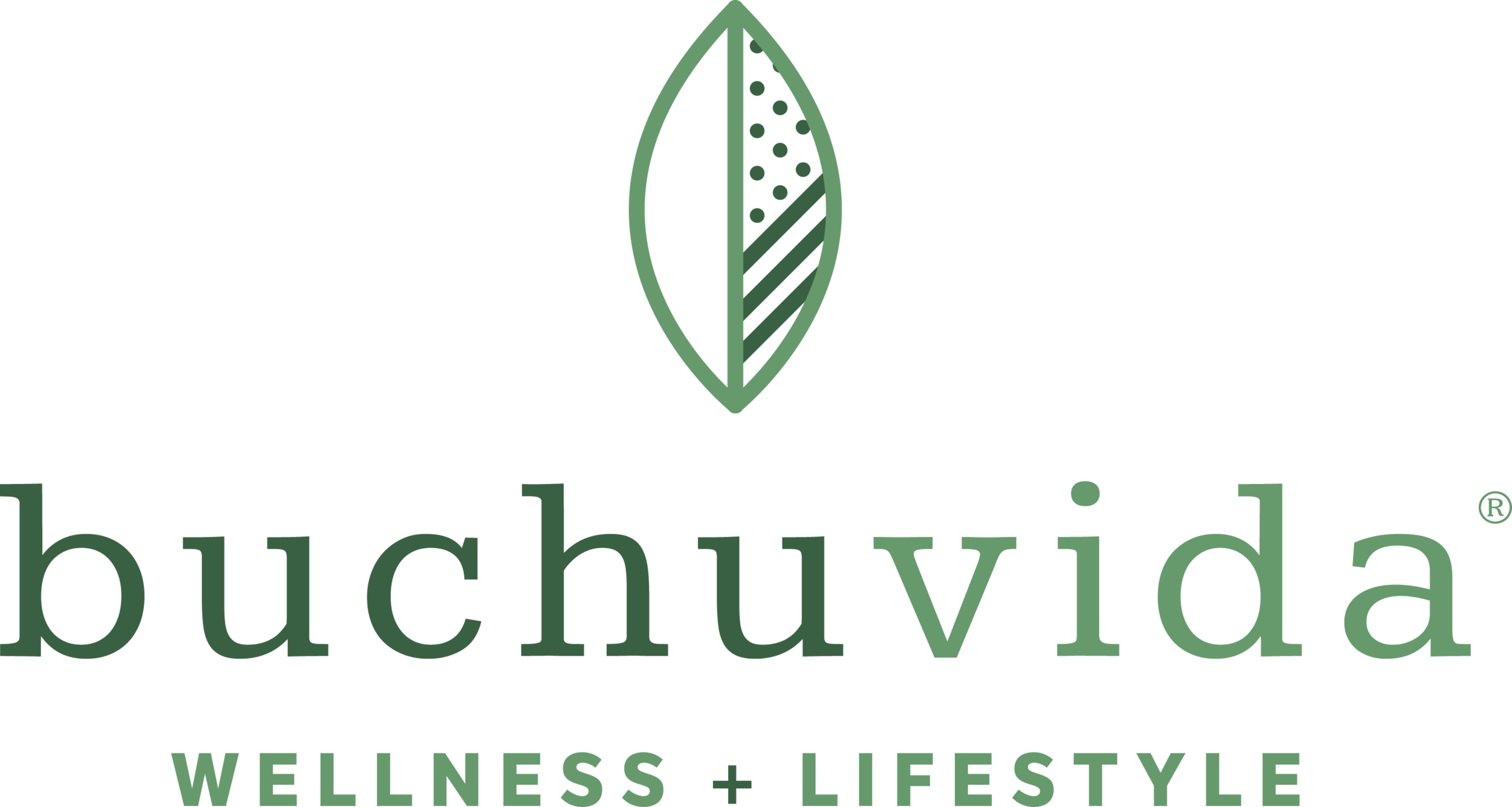What’s Natural? The Sometimes-Problematic “Natural” Skincare and Deodorant Marketplace
There are many reasons why people set out on a path to go “natural” – incorporating natural, chemical-free deodorant and skincare products into their everyday lifestyle. The benefits are proven, but once on the hunt, the average consumer is confronted with many (many!) options that can be confusing, or even outright misleading.
Blame the usual suspects on Madison Avenue or Government if you must, but before you get discouraged, take deep breath, put on your reading glasses … and simply start with the product label.
The beauty industry does not regulate the word “natural” and there is no official definition of what it means, but…
If you can often find ingredients in your kitchen pantry, or at your local grocery store, then you’re on the right path.
If you can easily pronounce, count, and identify the labeled ingredients in the mix, you’re probably in good shape.
If the ingredient list is free from nebulous adjectives and words with numbers attached, you may want to go ahead and make that purchase.
If you’re still not feeling confident about your potential “natural” deodorant or skincare product purchase, dive deeper into the manufacturer’s website or blogs, or seek direction online via third party comments and reviews.
For an example of a product that meets the above requirements, listed ingredients on the BuchuVida line of natural deodorants read like a simple farmers market shopping list: distilled water, witch hazel, sodium bicarbonate, arrow root powder, aloe vera gel, extracted buchu leaf, and fragrance from essential oils.
Choosing natural skin care products and chemical free deodorants doesn’t have to be confusing. Remember to start your search by examining the basic ingredients – then reinforce your decision to purchase with online research if necessary.
CONDITIONS OF USE AND IMPORTANT INFORMATION: This information is meant to supplement, not replace advice from your doctor or healthcare provider and is not meant to cover all possible uses, precautions, interactions or adverse effects. These statements have not been evaluated by the FDA and are not intended to diagnose, cure, treat or prevent disease. Individual results may vary, and before using any supplements, it is always advisable to consult with your own healthcare provider.

